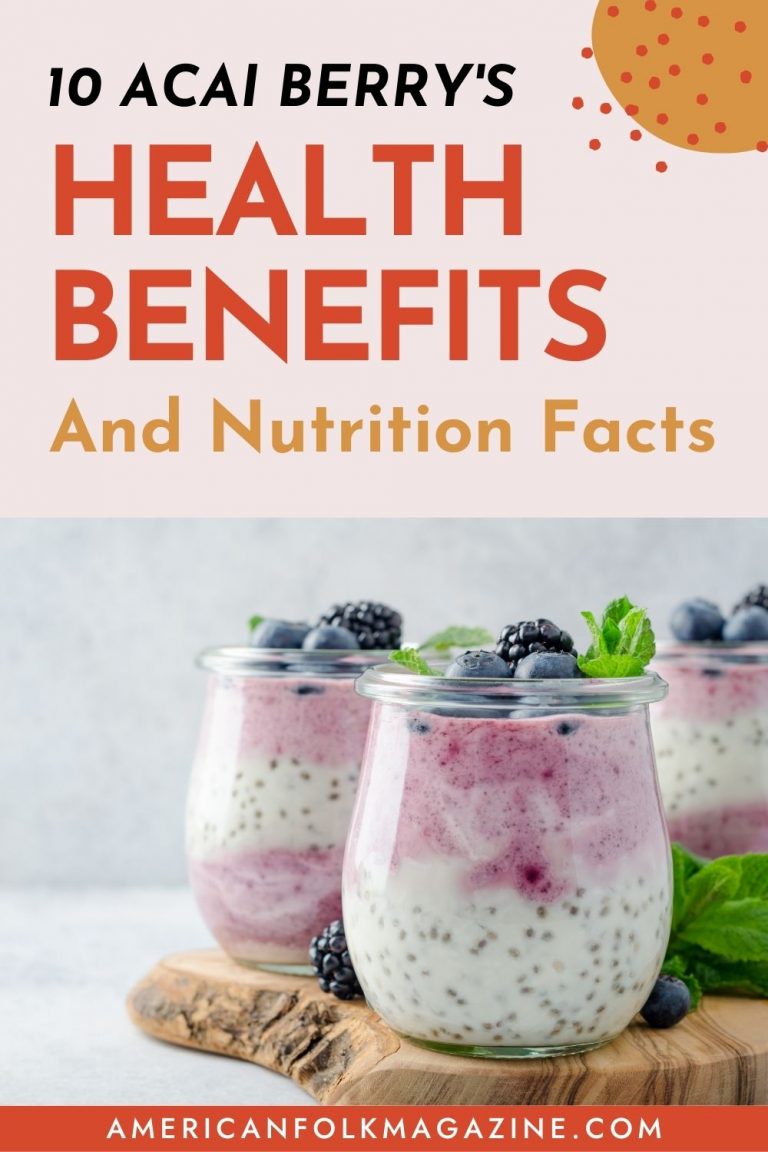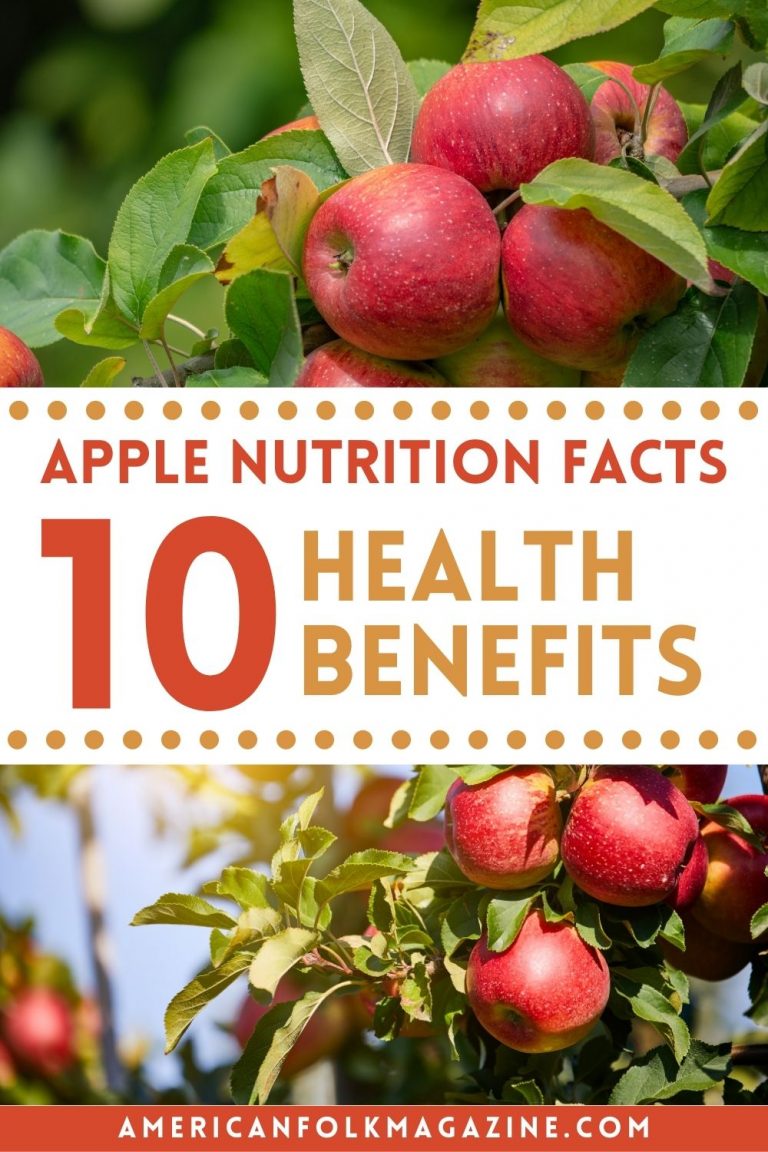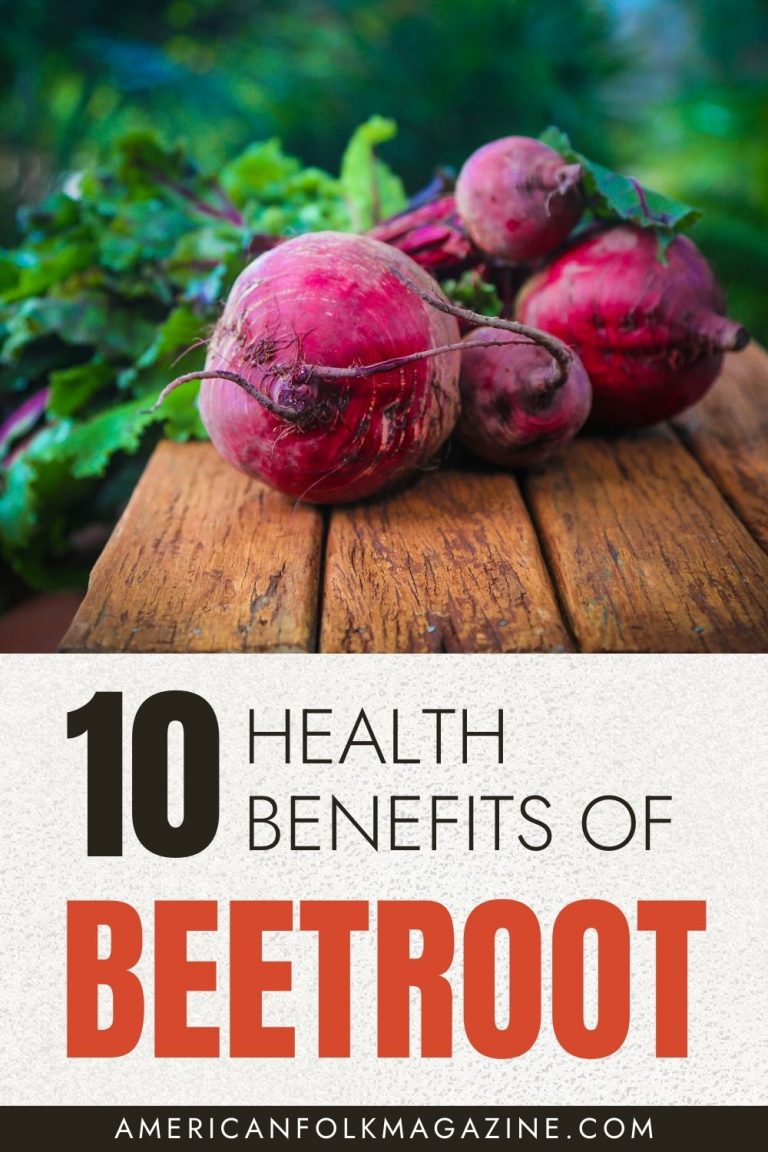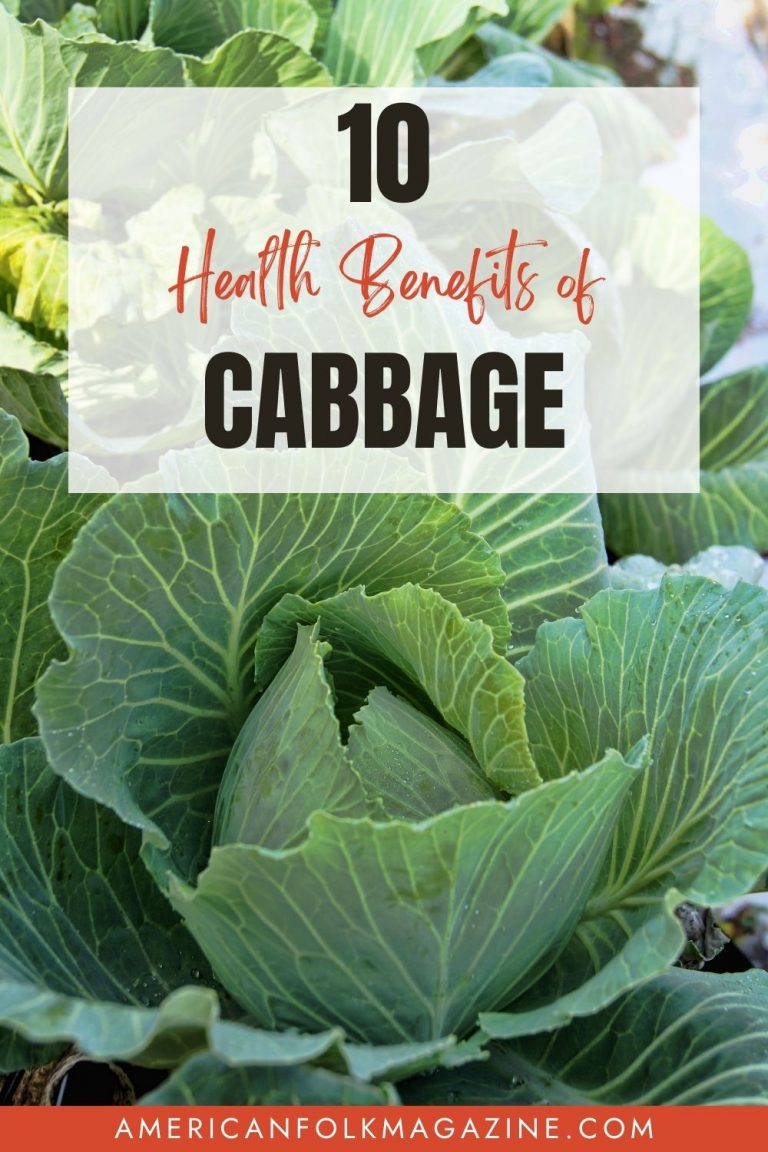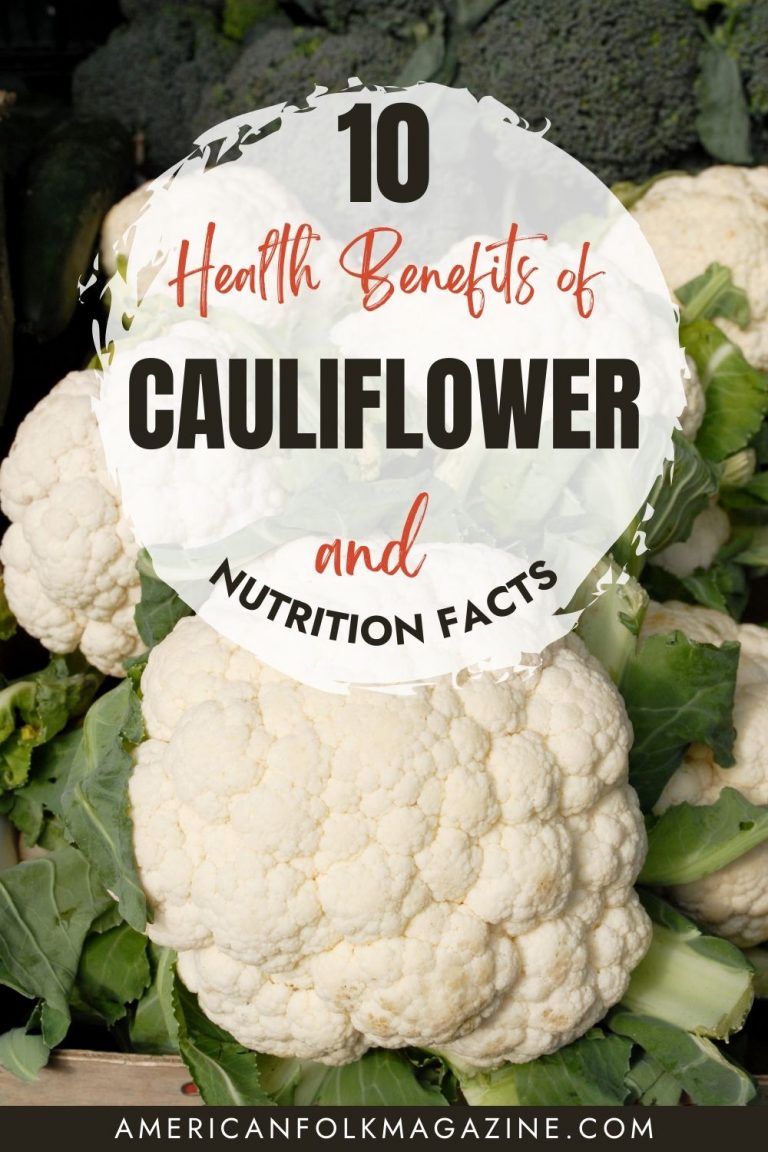Bell peppers (Capsicum annuum) are a colorful and crunchy addition to any meal. Part of the nightshade family, they come in various shades including red, green, yellow, and orange. Not only do they add a vibrant touch to dishes, but they also pack a nutritional punch.
Let’s dive into the nutritional facts and discover the 10 health benefits of this versatile vegetable.
Nutritional facts
Bell peppers are a treasure trove of nutrients. Here’s a table that breaks down the nutritional content of a medium-sized bell pepper (approximately 119 grams):
| Nutrient | Amount |
|---|---|
| Calories | 31 |
| Protein | 1g |
| Fat | 0.3g |
| Carbohydrates | 6g |
| Fiber | 2.1g |
| Sugars | 4.2g |
| Vitamin C | 152% DV |
| Vitamin A | 7% DV |
| Vitamin E | 2% DV |
| Vitamin B6 | 9% DV |
| Folate | 4% DV |
| Potassium | 5% DV |
These figures are not just numbers; they translate into significant health benefits. The high Vitamin C content, for example, is a powerful antioxidant that supports the immune system.
10 Health Benefits of Bell Peppers
1. Boosts Immune System
Bell peppers are a powerhouse of Vitamin C, a nutrient known for its immune-boosting properties. Regular consumption can help fortify the immune system, making the body more resilient against infections like the common cold and flu.
2. Supports Eye Health
Rich in Vitamin A and beta-carotene, bell peppers contribute to maintaining healthy vision. These nutrients are essential for eye health and may reduce the risk of cataracts and age-related macular degeneration.
3. Enhances Heart Health
The antioxidants in bell peppers, such as Vitamin E and potassium, play a vital role in heart health. They help in reducing bad cholesterol levels, improving blood circulation, and reducing the risk of heart diseases.
4. Aids in Weight Loss
Bell peppers are low in calories and high in fiber, making them an excellent choice for those looking to shed some pounds. They provide a satisfying crunch without adding unnecessary calories, aiding in weight management.
5. Promotes Healthy Skin
The Vitamin C in bell peppers is essential for collagen production, a protein that keeps the skin firm and youthful. Regular consumption can lead to radiant skin and may even reduce signs of aging.
6. Reduces Inflammation
Bell peppers contain bioactive compounds that have anti-inflammatory properties. These can be beneficial in managing inflammatory conditions like arthritis and may reduce pain and swelling.
7. Supports Digestive Health
The fiber content in bell peppers aids in digestion by promoting healthy bowel movements. This helps in preventing constipation and other digestive issues, ensuring a healthy gut.
8. May Reduce Cancer Risk
Some studies suggest that the antioxidants in bell peppers, such as capsaicin, might have a protective effect against certain types of cancer, including prostate and breast cancer.
9. Enhances Brain Function
Bell peppers are a source of Vitamin B6, which supports brain health. This nutrient is essential for cognitive development and may improve concentration, memory, and mood.
10. Regulates Blood Sugar
Bell peppers have a low glycemic index, meaning they have a minimal impact on blood sugar levels. This makes them a suitable choice for diabetics, helping to maintain stable blood sugar levels throughout the day.
How to incorporate Bell Peppers into your diet
Bell peppers are as versatile as they are vibrant. Here’s how you can add a splash of color and a dose of health to your meals:
- Stuffed Bell Peppers: Fill them with a mixture of quinoa, beans, and vegetables for a wholesome meal.
- Salads: Slice them up and toss them into salads for a crunchy texture.
- Stir-Fries: Add them to stir-fries with other veggies and your choice of protein.
- Grilled: Grill them whole or in slices for a smoky flavor that pairs well with grilled meats.
- Smoothies: Believe it or not, you can blend them into smoothies for a nutrient boost without a strong pepper taste.
Potential Side Effects and Precautions
While bell peppers are generally considered safe and beneficial for most people, there are some potential side effects and precautions to be aware of:
- Allergies: Though rare, some individuals may have an allergy to bell peppers. Symptoms can include itching, hives, or swelling.
- Digestive Issues: In some cases, bell peppers may cause digestive discomfort, especially when eaten in large quantities.
- Interaction with Medications: Bell peppers are high in Vitamin K, which can interact with blood-thinning medications. Consult with a healthcare provider if you’re on such medications.
- Nightshade Sensitivity: As a member of the nightshade family, bell peppers might cause issues for individuals sensitive to this group of plants.
- Pesticide Residue: Non-organic bell peppers may contain pesticide residues. Washing them thoroughly or choosing organic options can help mitigate this risk.
References
- Bell Peppers 101: Nutrition Facts and Health Benefits (healthline.com)
- Bell pepper – Wikipedia
- FoodData Central (usda.gov)
- Eating Peppers: Ingredients, Benefits, and Prep Tips (webmd.com)
Pin It To Your Board!


